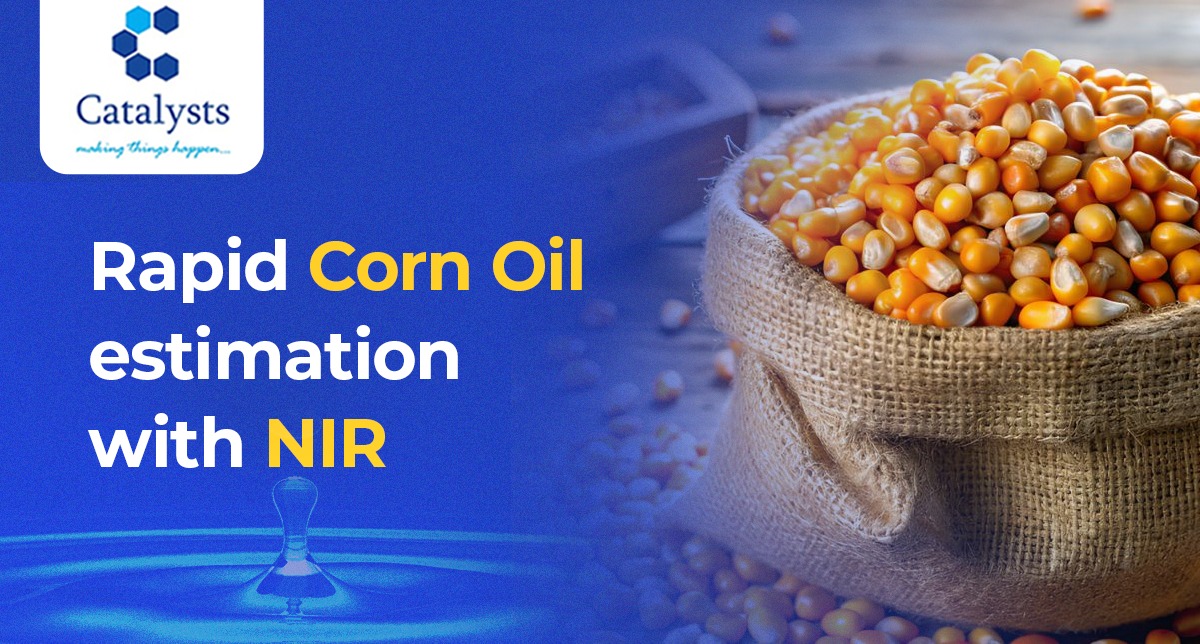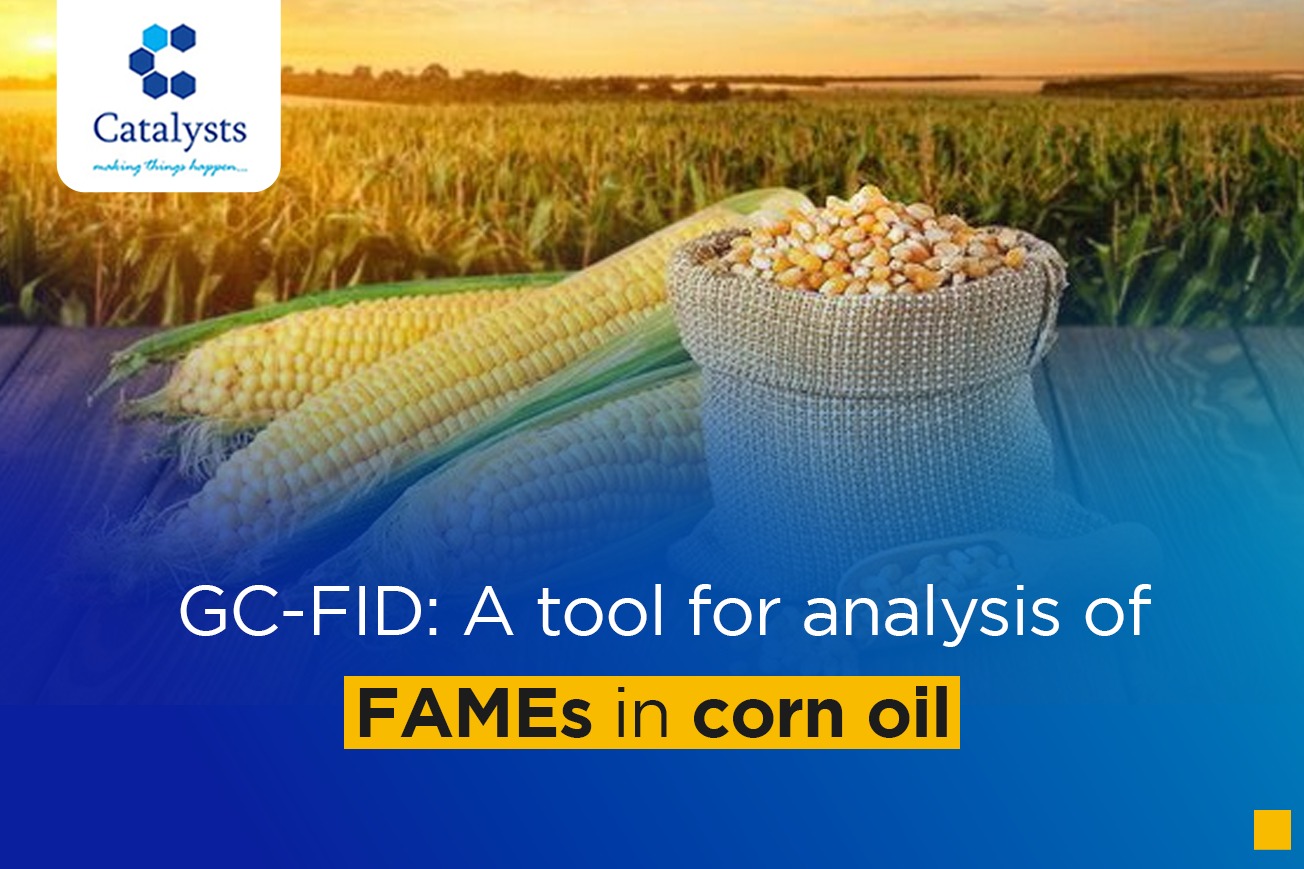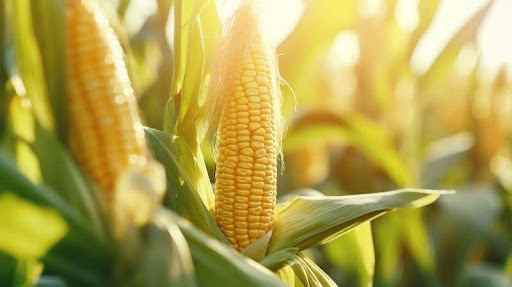
Enzymes Fueling the Biofuel Boom: Ethanol Fermentation at the Heart of
the Industry
The demand for ethanol has surged in recent years thanks to the steady
rise in biofuel industry. In 2022, global biofuel demand was expected to be 110
billion liters per year compared to 2021, 103 billion liters per year. Biodiesel,
driven by favorable policies in the United States and Europe, contributes
significantly to this expansion, while blending mandates and incentives increase
demand in India, Brazil, and Indonesia. Asian countries are set to surpass
Europe in production of ethanol before 2026. This growing demand is driven by
environmental concerns, the need for sustainable energy sources, and a desire to
reduce greenhouse gas emissions. To meet this increasing demand, enzymes have
emerged as indispensable tools in the process of ethanol fermentation.
The Biofuel Boom and Ethanol Demand:
The biofuel industry has witnessed a remarkable expansion as the world
seeks cleaner and more sustainable alternatives to fossil fuels. Ethanol, a
renewable resource made from various organic materials, has become a key player
in this global transition. Its popularity stems from its ability to
significantly reduce carbon dioxide emissions when compared to traditional
gasoline.
Other than sucrose containing crops such as sugarcane, one of the
primary sources of ethanol is grains with high starch content, with corn- and rice-
based ethanol production dominating the market. Enzymes play a vital role in
producing ethanol from these feedstocks and therefore, some might also refer to
these as Distilling Enzymes.
The Role of Enzymes in Ethanol Fermentation:
In the context of ethanol production, enzymes play a pivotal role, and
their applications can be categorized into three generations, each with
distinct processes and enzymatic requirements.
1st Generation Ethanol Production:
The first generation of ethanol production primarily relies on starchy
crops like corn or rice. In this process, enzymes, specifically Alpha-Amylase
and Glucoamylase, take center stage. Here's how they contribute:
- Alpha-Amylase: Alpha-amylase enzymes break down the starch found in
these grains into shorter chains of sugar molecules known as oligosaccharides
and dextrins. This initial step is crucial for converting complex starches into
simpler, fermentable sugars.
- Glucoamylase: Glucoamylase enzymes further break down the
oligosaccharides and dextrins produced by alpha-amylase into glucose, a sugar
that yeast can readily ferment into ethanol. This enzymatic action maximizes
ethanol yield from starchy feedstocks.
Other enzymes such as proteases are also used in corn-based fermentation
to enhance the yield of ethanol and byproducts such as Biodiesel. This practice
is very prevalent in USA.
2nd Generation Ethanol Production:
Second-generation ethanol production shifts its focus to lignocellulosic
substrates, such as crop wastes and woody biomass. Enzymes employed in this
generation differ from those used in the first generation:
- Cellulase Enzymes: Cellulase enzymes are crucial in breaking down
cellulose, a major component of plant cell walls, into glucose. This step is
essential for unlocking the sugars trapped within lignocellulosic materials.
- Pectinase and Hemicellulase Enzymes: Pectinase and hemicellulase
assist in breaking down complex plant cell wall components, including pectin
and hemicellulose. By degrading these substances, more glucose becomes
available for subsequent fermentation, enhancing ethanol production efficiency.
Even though second-generation ethanol production seems like a more
sustainable approach, as it utilizes non-food biomass sources and minimizes
competition with food crops, but it is not commercially viable as the cost of pretreating
the lignocellulosic feedstock is very high.
3rd Generation Ethanol Production:
The third generation of ethanol production explores unconventional
feedstocks, with a focus on sustainability and novel sources such as seaweed.
While the enzymatic processes for seaweed-based ethanol production may vary,
the aim is to efficiently convert complex sugars into ethanol. As there is no
lignin present in seaweed, the energy intensive pretreatment process is not
required. Specific enzyme requirements in this context may include:
§ Seaweed-Degrading
Enzymes: A mix of cellulase and amylase tailored to break down the unique
polysaccharides found in seaweed may be employed. These enzymes would help
release sugars suitable for fermentation by yeast.
The third generation of ethanol production exemplifies the industry's
commitment to exploring innovative and eco-friendly feedstock options.

Source: https://media.licdn.com/dms/document
In conclusion, enzymes have revolutionized ethanol production across
multiple generations, adapting to the feedstocks and environmental
considerations of each era. As the ethanol industry evolves, enzymes continue
to play a critical role in enhancing efficiency, sustainability, and the
overall viability of ethanol as a renewable and cleaner alternative to fossil
fuels.
Catalysts offers a wide range of enzymes, yeasts and additive based solutions
to Sugarcane Processing industries and Distillers (Ethanol manufacturers)
making ethanol from fermentation of molasses, sugarcane syrup, grain and other
feedstocks which are majorly used as biofuels and as potable alcohol in India.
We manufacture and supply enzymes for sugar process, distillation of alcohol,
malt extraction solutions, brewing solutions (industrial brewing and craft
brewing) for industrial and microbreweries. A complete range of Fermentation
products and solutions offered by Catalysts are as follows:
§ Ethanol
Fermentation solutions
§ Yeast for
Ethanol Fermentation
§ Enzymes for
Ethanol Fermentation
§ Contamination
control in Ethanol Fermentation
The Catalysts Group is India’s No.1 enzyme manufacturing company for
Distilling, Sugar & Brewing industries. We are the leading enzyme
manufacturers and enzyme suppliers in the Indian sub-continent market and one
of the top biotechnology companies having the headquarter in Delhi (NCR)
region. We offer customized products and complete holistic solutions for the
existing challenges faced by the industries in sugar processing, molasses
fermentation, grain to ethanol fermentation etc. Also, our team of scientist
and industry experts keep providing innovative and cutting-edge solution like
sugarcane syrup preservation to help the industry in maximizing its profit.
Recent Posts

Rapid Corn Oil Estimation with Near-Infrared Spectroscopy: An Effective Analytical Technique with Ne
Explore the effectiveness of near-infrared spectroscopy in rapidly estimating corn oil, providing new perspectives and enhancing analytical techniques in agriculture.

GC-FID: A tool for analysis of FAMEs in corn oil
Explore GC-FID, the essential tool for accurate FAME analysis in corn oil. Unlock detailed insights and improve your research outcomes today.

The Role of Enzymes in Maize-to-Ethanol Fermentation
With the rising demand for renewable energy sources and sustainable fuel alternatives, ethanol production has gained significant momentum worldwide. Ethanol, also known as bioethanol, is a biofuel commonly used as a renewable alternative to fossil fuels. One of the most popular feedstocks for ethanol production is maize (corn), primarily due to its high starch content, wide availability, and suitability for large-scale production.
Catalysts Connect
Keep up to date with our latest news and analysis by subscribing to our regular magazine and newsletter

Post a comment
Your email address will not be published.